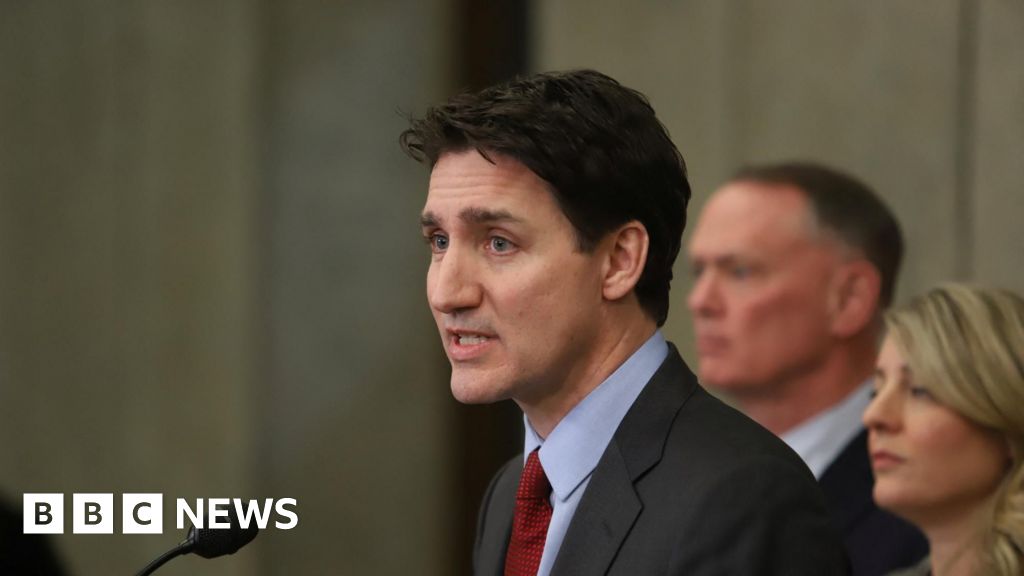Kevin Peachey
Cost of living correspondent

 Getty Images
Getty Images
An estimated 1.1 million people missed the deadline for filing their annual tax returns, according to HM Revenue and Customs (HMRC).
They now face a penalty of at least £100 for missing the cut-off at the end of the day on Friday, the tax authority has said, unless they can provide a valid excuse for failing to file.
More than 11.5 million people did complete the self-assessment process, including more than 31,000 who finished it during the final hour before the deadline.
People who are self-employed or who have more than one source of income are among those required to file a tax return every year.
Most also ensure they pay, or organise the payment, of tax owed. However, some aiming to pay their tax on Friday may have faced greater stress as a result of IT problems at Barclays.
While that may have caused frustration and some panic, most would not need to pay the tax until the start of March, so would not be fined as a result - assuming they completed the self-assessment process on time.
For those who missed the deadline, the financial penalties include:
- An initial £100 penalty, even if there is no tax to pay
- Additional daily penalties of £10 a day after three months, up to a maximum of £900
- After six months, a further penalty of 5% of the tax due or £300, whichever is greater
- After 12 months, the higher of another 5% of the tax due or £300 charge
"I'm urging anyone who missed the deadline, to submit their return as soon as possible to avoid any further penalties," said Myrtle Lloyd, HMRC's director general for customer services.
There are also fines for late payment of the tax owed, with interest added on top.
Appeals against a fine can be made either by filing in a form or by writing a letter to HMRC, but a self-assessment must have been completed before making an appeal.
Phone line criticism
HMRC recently denied running a "deliberately poor" phone service in an attempt to push taxpayers to seek help online instead.
Chief executive Jim Harra said the claims by a committee of MPs about its customer service were "completely baseless".
New rules mean this time around, for the first time, online platforms such as eBay and Vinted must tell HMRC about sales information from people selling 30 items or more or who earned at least £1,700.
The authority will assess those details against individual tax returns.
The rules, which took effect in January, do not mean there is a new tax charge for these sellers, just that more information is shared to ensure they are paying the correct amount of tax.

 6 hours ago
3
6 hours ago
3









